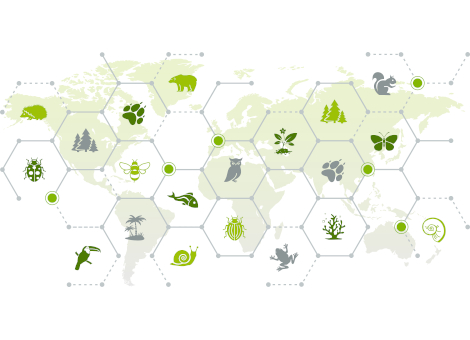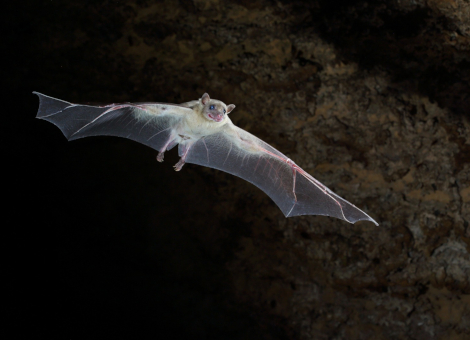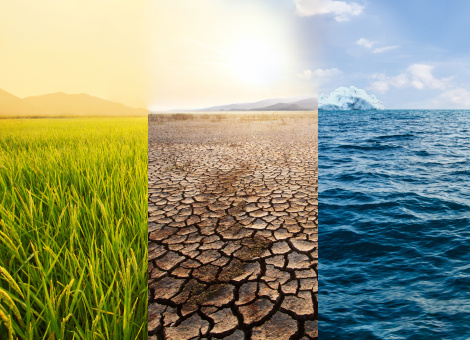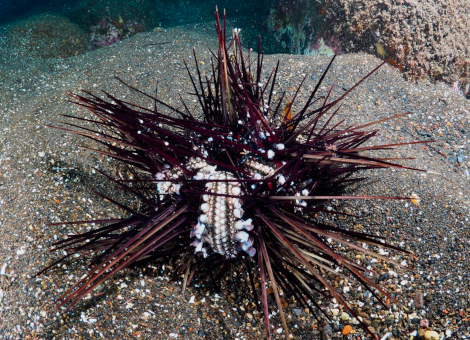
Deforestation may be decreasing frequency of thunderstorms in South America, TAU research says
Researchers from Tel Aviv University (TAU) have determined that the number of thunderstorms in the Amazon basin has decreased significantly and the area over which they occur has shrunk. According to the researchers, this is a surprising finding. “In most areas of the world, global warming has resulted in an increase in the number of… Read More






